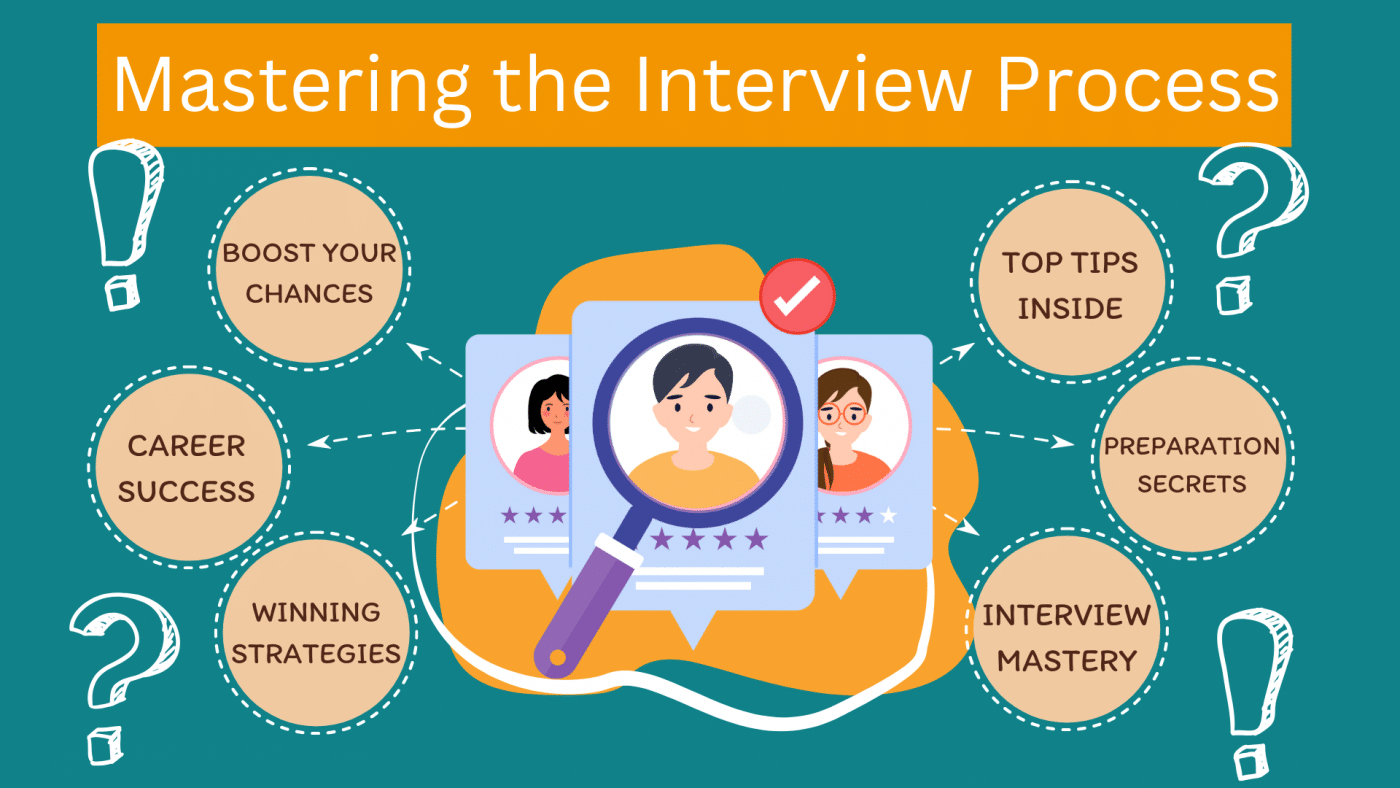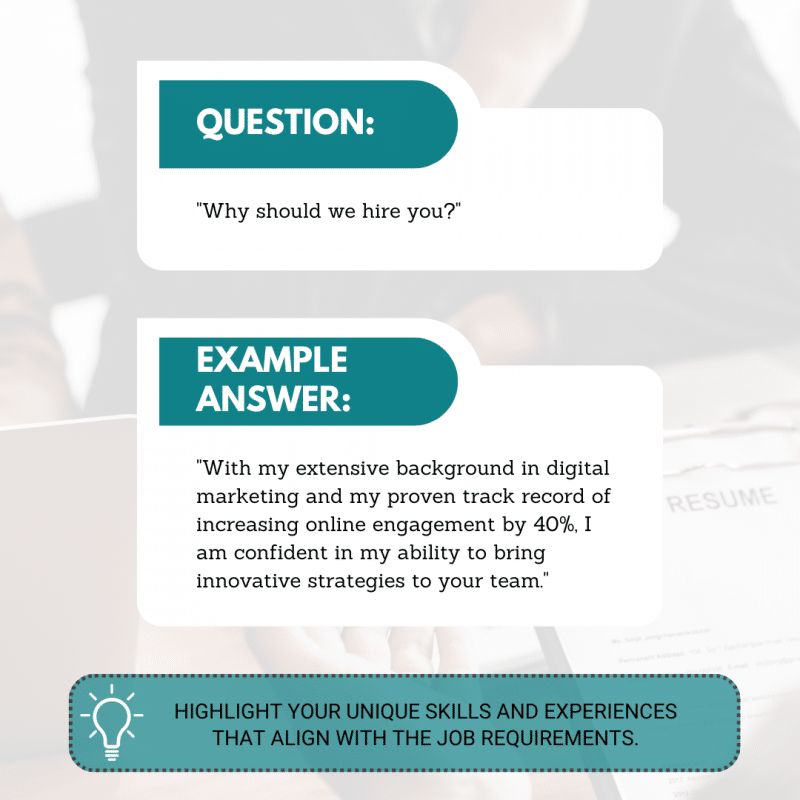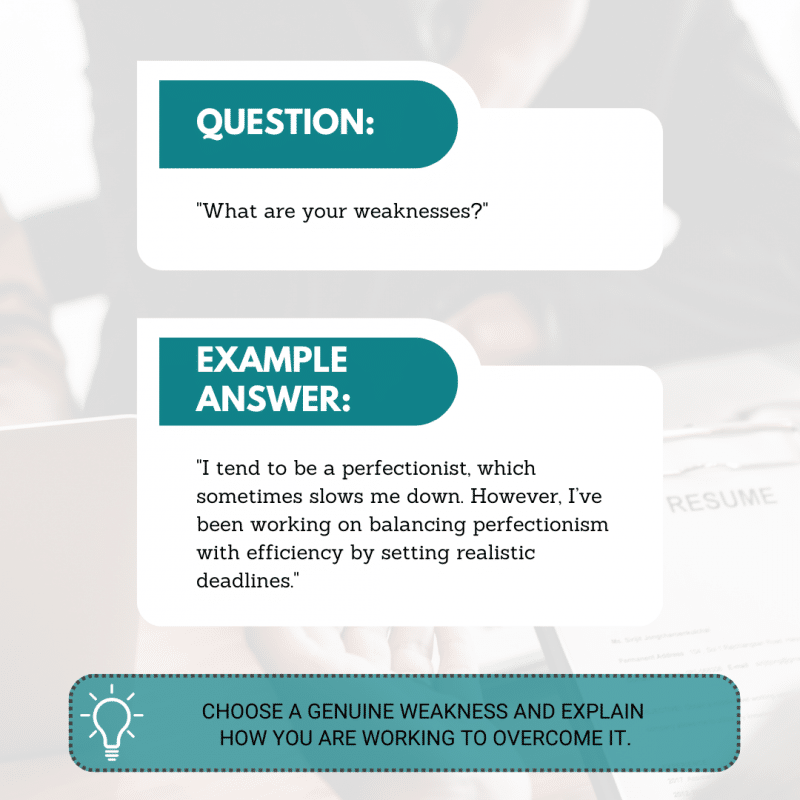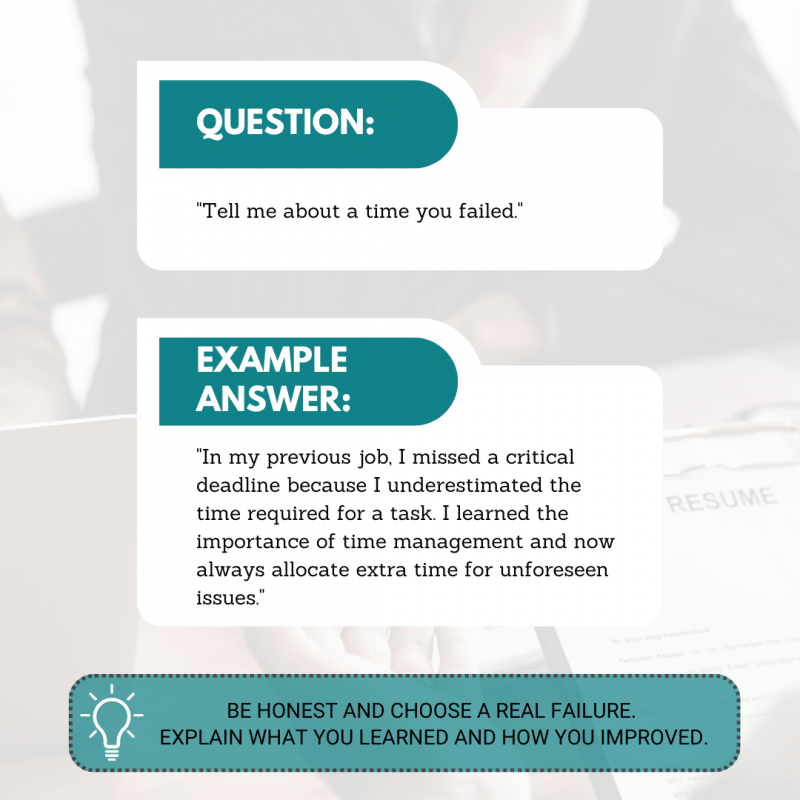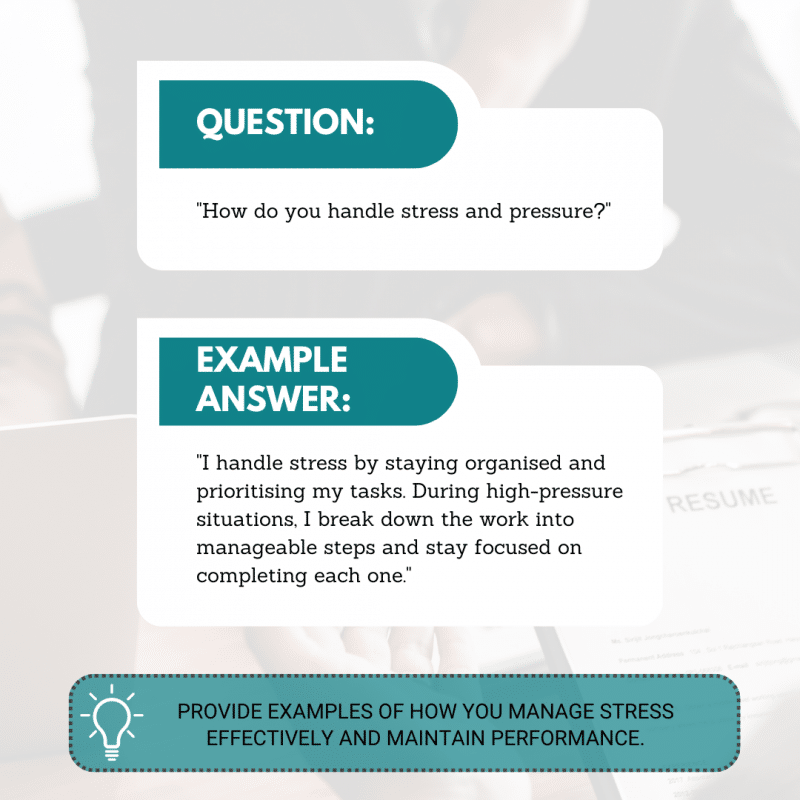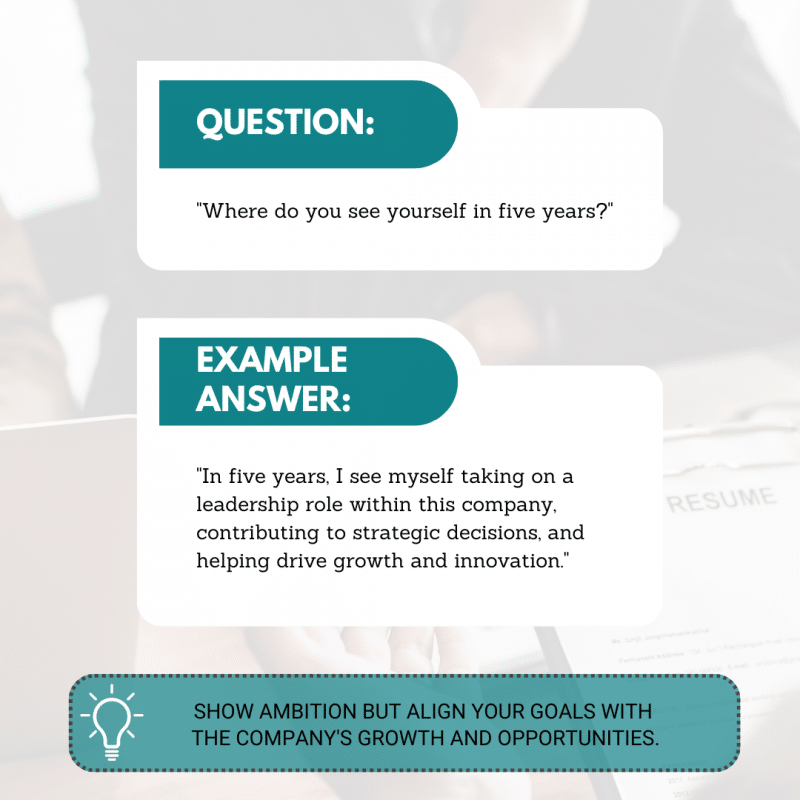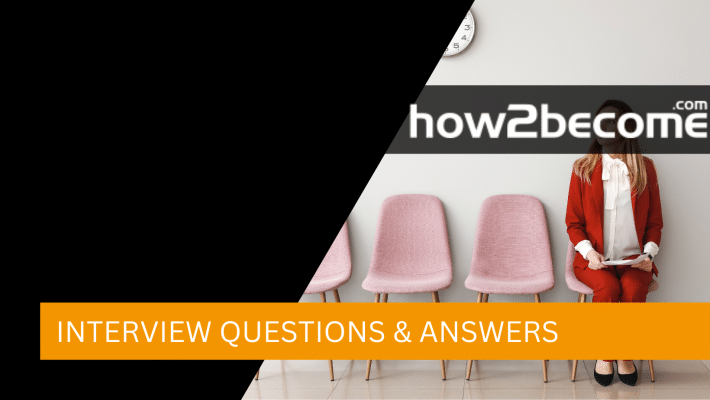Mastering The Interview Process:
Interview Preparation Tips
Interview preparation tips are what everyone is looking for when an important interview is looming! Good news, you’ve come to the right place for interview preparation tips, it’s what we’re best at! In this guide we’ll cover:
- The different types of interview questions, why they are used and examples
- Some of the tougher questions that are commonly asked, including tips for tackling them and suggested answers
- How to approach panel interviews and ensure you impress every member
- A checklist of everything you need to prepare for your interview, starting as early as one week before, and including things you must do during your interivew!
TYPES OF INTERVIEW QUESTIONS
Depending on the role you are applying to will determine the types of interview questions you are likely to face. Each type of interview question is aiming to assess different skills or behaviours.
Competency-Based Interview Questions
These questions assess your skills and abilities relevant to the job.
Example: “Can you describe a time when you had to lead a team to achieve a difficult goal?”
Example: “Can you describe a time when you had to manage multiple projects simultaneously?”
Example: “Tell me about a situation where you had to solve a complex problem on your own.”
Situational Interview Questions
These questions present hypothetical scenarios to evaluate your problem-solving and decision-making skills.
Example: “How would you handle a situation where you had to meet a tight deadline with limited resources?”
Example: “If you were assigned a project with a tight deadline and limited resources, how would you approach it?”
Example: “How would you handle a disagreement with a colleague about a project direction?”
Behavioral Interview Questions
These questions explore your past behaviors and how they might predict future performance.
Example: “Tell me about a time when you had to deal with a difficult colleague.”
Example: “Describe a time when you had to adapt to a significant change at work.”
Example: “Give an example of a goal you set and how you achieved it.”
Technical Interview Questions
These questions test your specific knowledge and expertise related to the job.
Example: “What programming languages are you proficient in, and can you describe a project where you used them?”
Example: “Can you walk me through the process of how you would troubleshoot xyz issue?”
Example: “Explain the concept of object-oriented programming and how you have applied it in your projects.”
Personal Interview Questions
These questions help interviewers understand your personality, motivations, and cultural fit.
Example: “What motivates you to work in this industry?”
Example: “What inspired you to pursue a career in this field?”
Example:” “How do you balance your work life and personal life?”
Brain Teasers and Problem-Solving Interview Questions
These questions assess your critical thinking and creativity.
Example: “How many golf balls can fit into a school bus?”
Example: “How would you design a spice rack for the visually impaired?”
Example: “You have a 3-liter jug and a 5-liter jug, and you need to measure exactly 4 liters of water. How would you do it?”
COMMON TOUGH INTERVIEW QUESTIONS
There are certain interview questions that just scare people because they can seem unpredictable and challenging, potentially exposing gaps in your knowledge or experience. The fear of stumbling over an answer or failing to impress can heighten anxiety and undermine confidence.
This is one of the most important reasons why you should prepare thoroughly for any interview you attend. By anticipating possible questions and practicing your responses, you can approach the interview with confidence, knowing you are ready to handle whatever comes your way. Swipe through the questions below and practice with a family member or friend to create your own answers – remember your responses should be well thought-out and articulate. whilst also demonstrating your ability to carry out the responsibilities that come with the role.
Panel Interviews
Panel interviews can be particularly challenging due to the presence of multiple interviewers, each with their own perspective and expertise. However, with the right interview preparation tips, you can navigate these interviews successfully and make a positive impression on all panel members.
Typically, a panel interview involves several interviewers from different departments or areas of expertise. This might include a potential supervisor, a human resources representative, and other team members or stakeholders. Before the interview, try to find out the names and roles of the panel members. This knowledge will help you tailor your responses to their specific interests and responsibilities within the company.
During the interview, you should aim to engage with all of the panel members. When answering a question, start by making eye contact with the person who asked it, but then include the other panel members as well. This approach demonstrates your ability to communicate effectively and shows respect for everyone present. Address each member by name when possible, as this helps to personalise the interaction and build rapport.
Panel interviews often feature a wide range of questions, given the diverse backgrounds of the interviewers. You might encounter technical questions from a future colleague, behavioral questions from the HR representative, and strategic questions from a manager. To prepare, review the job description thoroughly and consider how your experiences align with the role’s requirements. Practice answering questions that cover different aspects of your work history, skills, and achievements. Use the STAR method (Situation, Task, Action, Result) to structure your responses clearly and concisely.
Panel interviews are an excellent opportunity to highlight your teamwork and collaboration skills. Given that multiple people are assessing you, demonstrating your ability to work well with others is vital. Discuss past experiences where you collaborated with colleagues to achieve common goals.
Top Tip: Emphasise your communication skills, adaptability, and how you handle feedback and differing opinions.
Ensure that each panel member has a copy of your CV. Bring several printed copies to the interview, even if you have already submitted one digitally. This gesture shows that you are well-prepared and considerate of the interviewers’ needs. Additionally, consider bringing a portfolio of your work if it’s relevant to the position. This can provide tangible evidence of your skills and accomplishments.
Towards the end of the interview, you’ll likely have the chance to ask questions. Prepare questions that show your interest in the role and the company. Tailor some of these questions to the specific expertise of each panel member if possible. For example, you might ask the potential supervisor about the team’s current projects, the HR representative about the company culture, and the technical expert about the tools and technologies used.
PREPARING FOR YOUR INTERVIEW
Interview Checklist
✅ Research the Company:
- Understand the company’s mission, values, and culture.
- Familiarise yourself with their products, services, and competitors.
- Keep up-to-date with recent news about the company.
✅ Understand the Role:
- Review the job description thoroughly.
- Identify the key skills and qualifications required.
- Prepare examples from your experience that demonstrate your fit for the role.
✅ Know Your CV:
- Be ready to discuss your work history and achievements.
- Highlight experiences relevant to the job you’re applying for.
- Prepare to explain any gaps in your employment history.
✅ Prepare Your Answers:
- Practice responses to common interview questions.
- Use the STAR method (Situation, Task, Action, Result) to structure your answers.
- Develop answers for competency-based, situational, behavioral, technical, personal, and brain teaser questions that may be asked.
✅ Prepare Questions for the Interviewer:
- Come up with well thought-out questions about the role, team, and company culture.
- Plan questions about next steps in the hiring process.
Preparation is the key to mastering the interview process. By understanding the types of interview questions, preparing thoroughly, and practicing your responses, you can approach your interviews with confidence. Remember to stay calm, be yourself, and showcase your unique skills and experiences. We wish you the best of luck in your job search!
✅ Plan Your Journey:
- Know the interview location and how to get there.
- Ensure you have sufficient travel time to arrive 10-15 minutes early.
- Have a backup plan for transportation in case of delays.
✅ Dress Appropriately:
- Choose professional attire that fits the company’s dress code.
- Lay out your clothes the night before to ensure they are clean and pressed.
✅ Prepare Necessary Documents:
- Print extra copies of your CV.
- Prepare a list of references.
- Organise any required documents or portfolio work.
✅ Review Your Notes:
- Go over key points about the company and the role.
- Revisit your prepared answers and questions for the interviewer.
✅ Stay Calm and Focused:
- Practice relaxation techniques to manage anxiety.
- Eat a healthy meal to keep your energy levels stable.
✅ Arrive Early:
- Aim to arrive at least 10-15 minutes early.
- Use the extra time to compose yourself and review your notes.
✅ Final Check of Appearance:
- Ensure you look neat and professional.
- Check for any last-minute adjustments.
✅ Turn Off Distractions:
- Silence your phone and other electronic devices.
- Put away any non-essential items.
✅ Greet Everyone Politely:
- Be courteous and respectful to everyone you meet.
- Offer a firm handshake and a warm smile.
✅ Engage Actively:
- Make eye contact with all interviewers.
- Listen attentively and nod to show understanding.
✅ Answer Questions Clearly and Confidently:
- Use the STAR method to structure your responses.
- Take a moment to think if you need to before answering tough questions.
✅ Ask Your Questions:
- Show your interest by asking insightful questions about the role and company.
- Tailor questions to the expertise of each panel member if applicable.
✅ Demonstrate Good Etiquette:
- Maintain good posture and positive body language.
- Be polite, professional, and enthusiastic.
✅ Thank the Interviewers:
- Express gratitude for the opportunity to interview.
- Reaffirm your interest in the role.
WANT MORE INTERVIEW PREPARATION TIPS?
Are you looking for more personalised interview preparation tips for your next interview? Join our Facebook group, where you can get tips, share experiences, and ask for advice on how to tackle tough interview questions. Connect with others who are also on their job search journey and get the support you need to succeed. Join our Facebook Group today and take the next step towards landing your dream job!
Join How2Become's Interview Questions and Answers CommunityYou can also get even more interview preparation tips in the free trial of our Online Interview Training Course. Sign up now!
